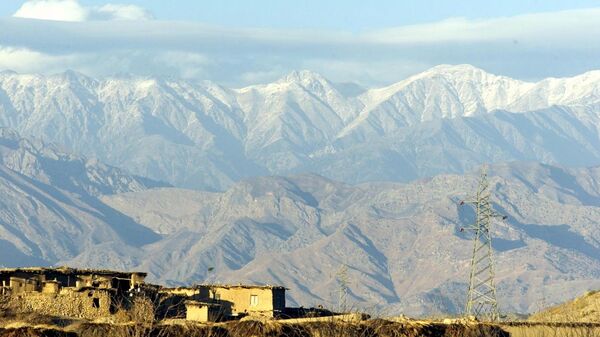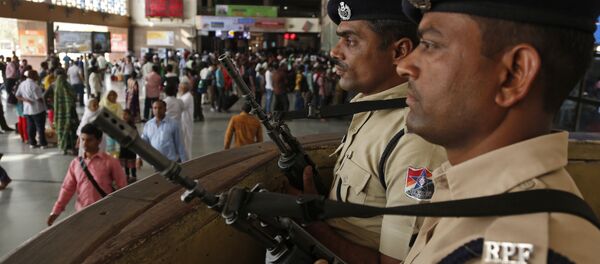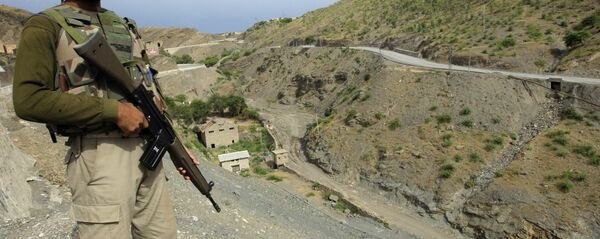The incident occurred in a village in Punjab, not far from Punjab's largest city of Multan. Police say the incident started when one man's 12-to-14-year-old sister was raped by their male cousin while she was cutting grass.
The girl's brother sought advice from the council, which then instructed him to "even the score" by raping his cousin's younger sister. The man did as he was told, breaking into his cousin's house and revenge raping the 16-year-old girl.
Punjabi Chief Minister Shahbaz Sharif ordered police to arrest every member of the village council and charge them with terroristic activities, according to a statement from his office.
"Both the parties had filed cases of rape against each other at the local police station after the incident that happened last week," Rashid Taheem, the investigation's lead officer, told the Associated Free Press. At least 25 people have been arrested since then, all members of the families of the two accused men.
Taheem added that the original perpetrator — the man who raped the 12-year-old girl — had not been captured yet. Police chief Ahsan Younu added that the other alleged rapist was also being sought. "They are victims and accused at the same time," he said Thursday morning, referring to the fact that the entire incident occurred within one family. "It's barbaric."
A panchayat ("assembly of five") is a council of village elders that settle disputes between individuals and families. They were ubiquitous in South Asian countries until European colonists centralized power to better suit their economic agenda.
Panchayats still remain in many rural areas, but they are illegal, as they are de facto courts that are not recognized under the law. Remote and rural Pashtun tribes often use them to mediate or arbitrate disputes anyway.
The rapes, which were reported to a woman's rights center in Multan, threaten to become a major scandal as human rights groups decry the entire incident. Pakistani human rights lawyer Asma Jahangir, a UN Special Rapporteur for Human Rights and a Nobel Peace Prize nominee, has called for a reform of the Pakistani criminal justice system to better enforce the ban on panchayats.
A similar case attracted international attention 2002 when 28-year-old Mukhtar Mai was gang raped on orders of her village's panchayat as revenge for alleged (and later disproven) misconduct by her 12-year-old brother. Mai sued her rapists and has since become one of Pakistan's most visible women's rights activists.
In 2016, Punjab passed a law criminalizing all forms of violence against women, regardless of cause. It also called for the creation of women's shelters and an abuse hotline.





